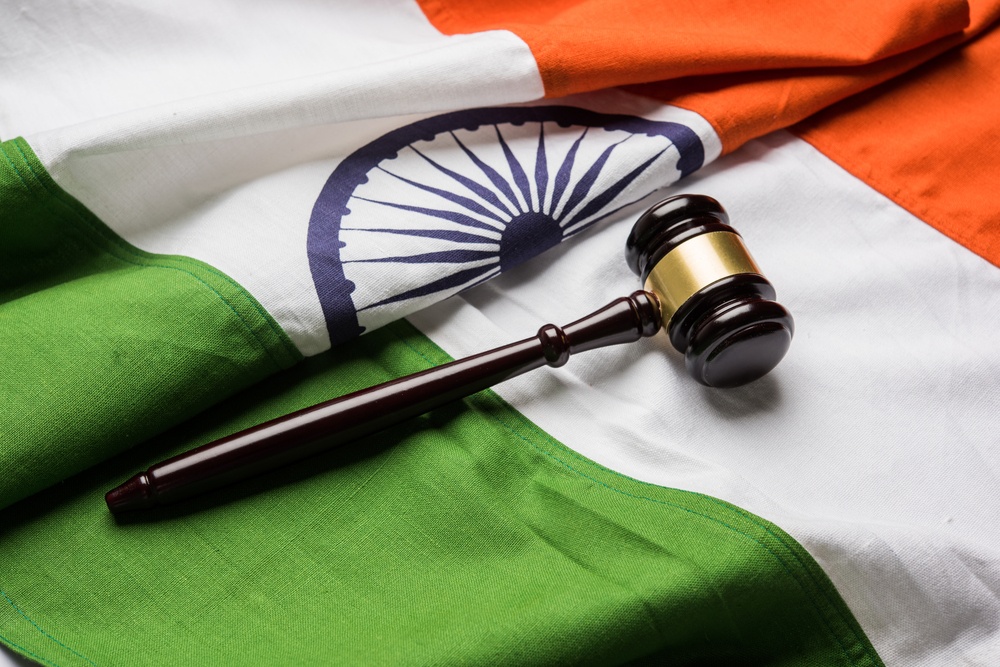Impact, Legality Of India’s Online Gambling Industry

Currently, India has around 70 crore internet users, projected to reach 97 crores by 2025, in which the majority are mobile device users.
The rapid development in the “internet of all things” and gaming technology caused a snowball effect on India’s online betting industry. Almost everyone has access to mobile devices, and gambling applications popped up rapidly on the market. India’s online gambling industry’s growth is in line with the growth of the global gambling industry.
The number of players in India reached more than 30 crores, and it is expected to grow twice its size by 2021. Players in India have access to popular games such as PlayGames24x7, FanFight, Dream11, Paytm First Games, and Fantasy Cricket. The gambling industry’s revenue is projected to reach ₹25,000 crores by 2024.
The legality of India’s gambling industry
The Public Gambling Act of 1867 banned gambling in India for the first time. The act was continuously amended, and its biggest flaw was there was no concrete definition for gambling, much more on online gambling. India’s gambling law confused many since it differed depending on the state. Goa placed conditions that allow some forms of gambling, along with Sikkim.
There were no reforms in the gambling sector since the Public Gambling Act. The act provided a broad definition of the categories of games allowed. Other forms of gambling were banned, but betting on horse racing is legal since it is a game of “skill” not “chance.” The law claimed it is legal since the deciding factor is the horse and the Jockey’s skill.
Online gambling is not yet established since there was no legislation to back the industry. The Law Commission of India released its 276th report on July 5, 2018, which recommended the regulation and legalization of the online gambling industry.
The recommendations were based on Vedic literature, including Mahabharata, Manusmriti, and the Vedas. The news raised excitement for online gambling operators as they saw the massive potential of the industry.
Regulatory framework for marketing and the gambling industry
The online betting industry in India is growing despite the lack of legislation. Its potential is proven by the marketing strategies of some online betting platforms. Cricketing icons in India were part of the marketing strategies of some companies. Virat Kohli advertises the Mobile Premier League, and MS Dhoni plays for Dream11.
An anti-gambling advocate from Chennai urged the government to ban online gambling apps and arrest Virat Kohli and Tamannaah Bhatia for advertising MPL. The icons were influential because of the fame of sports, and they are considered as role models.
However, there was no legal basis for the arrest of sports icons. Many believed that the advertisements were making false claims since it promises an alternative for employment.
The sports icons’ ads claimed that people could make good money while staying in their homes and doing less work.
Read Also:

Genesis Casino Ready to Accept Spanish Players, Gives a Bonus
The latest development for the Genesis casino, in particular, is the expansion of its operations.…

Genesis Global Limited Offers Even More Bonuses & Fun at FunBet
They’ve released several gambling brands since the start of 2020, with great new gambling opportunities…

Dutch And Maltese Gaming Regulators Signs MoU To Prevent Illegal Gambling
The Purpose of MoU Under the MoU, there will be an enhanced cooperation between the…

Operators Pull Out Japan Casino Plans Amidst Uncertain Gambling Regulations
The casinos needed to submit tedious requirements before legalizing the business and face heavy taxes…

GrooveGaming Extends Contract With BetConstruct
The success of the merger showed a high demand for online casino products. GrooveGaming exploited…

Chile’s Casino Operators Receives Coronavirus Relief From Creditors, Investors
The gambling industry is among the industries which suffered the biggest losses. The casinos shut…